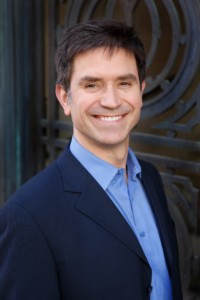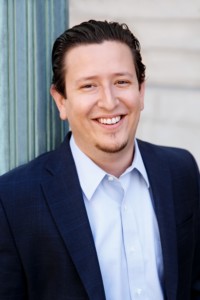Generally, federal law does not require employers to give meal and rest breaks, but many states’ labor laws do.
Federal labor law under the Fair Labor Standards Act (FLSA) does not require employers to provide rest or meal breaks to employees. But employers who choose, of their own accord or under a union contract, to provide rest or meal breaks are subject to certain requirements under the FLSA. When rest breaks are offered, employers are required by the FLSA to count rest breaks as paid time. But when meal breaks are offered, employers can treat them as unpaid time. That said, employers who provide meal breaks must generally give employees at least 30 minutes to eat, according to U.S. Department of Labor regulations.
The Department of Labor also says that if an employer promises to provide meal and rest breaks — whether that promise is in an employee handbook or collective bargaining agreement — “coffee breaks or time for snacks” must be treated as a paid rest break, not an unpaid meal break.
Although federal labor law only regulates meal and rest breaks if an employer offers them, state law is often more pro-worker. For example, California rest and meal break laws are liberally construed in favor of employees, and require that employers give frequent breaks.
About Us
Gibbs Law Group is a California-based law firm committed to protecting the rights of clients nationwide who have been harmed by corporate misconduct. We represent individuals, whistleblowers, employees, and small businesses across the U.S. against the world’s largest corporations. Our award-winning lawyers have achieved landmark recoveries and over a billion dollars for our clients in high-stakes class action and individual cases involving consumer protection, data breach, digital privacy and federal and California employment lawsuits. Our attorneys have received numerous honors for their work, including “Top Plaintiff Lawyers in California,” “Top Class Action Attorneys Under 40,” “Consumer Protection MVP,” “Best Lawyers in America,” “Super Lawyers,” and “Top Cybersecurity/ Privacy Attorneys Under 40.”


